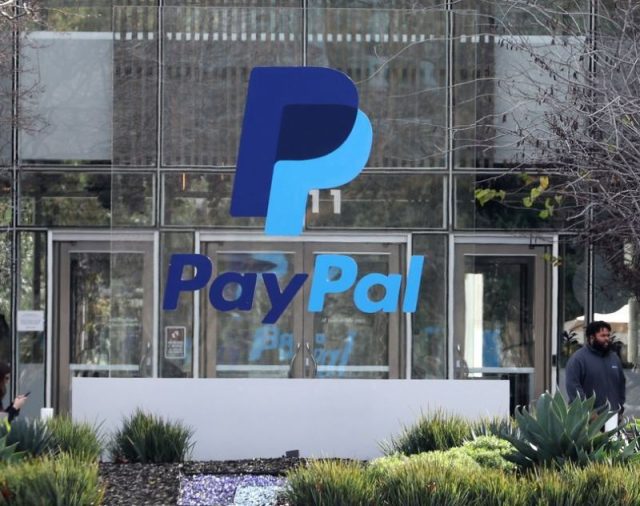PayPal is one of the most widely used payment platforms in the world. Its convenience and reliability have made it a go-to for individuals and businesses alike. However, despite its popularity, there are several issues with PayPal today that users frequently encounter. Whether you’re using it for personal transactions or running a business through platforms like Capital Troop, understanding these challenges is crucial to avoiding unnecessary frustration.
In this blog, we’ll dive deep into the top eight problems users face with PayPal, offering insights into each and helping you navigate these challenges effectively.
1. Account Freezing Without Warning
One of the most significant issues with PayPal today is its tendency to freeze accounts without prior notice. PayPal’s strict anti-fraud measures can mistakenly flag legitimate transactions as suspicious, leaving users locked out of their accounts. For businesses relying on consistent cash flow, such as those operating under Capital Troop, this can be catastrophic.
To prevent this, ensure you regularly verify your account and avoid large or unusual transactions without prior notice to PayPal.
2. High Transaction Fees
PayPal’s fees have always been a topic of contention. For every transaction, users pay a percentage fee plus a fixed amount. While this might seem minor for occasional users, it adds up quickly for businesses. Today, companies like Capital Troop are increasingly exploring alternatives to save on these costs.
Consider negotiating custom fee structures with PayPal if your business processes high volumes or explore other platforms for competitive rates.
3. Poor Customer Support
Another pressing concern is PayPal’s customer support. Users frequently report long wait times, unhelpful responses, or an inability to resolve issues effectively. Whether you’re a solo user or managing finances for Capital Troop, reliable support is non-negotiable.
For faster resolutions, try PayPal’s community forums or escalate unresolved tickets through their social media channels.
4. Withheld Funds for Extended Periods
PayPal’s policy of holding funds for up to 21 days is a growing concern. This delay can significantly impact businesses and freelancers relying on timely payments. For Capital Troop members managing tight budgets, such fund holds can disrupt daily operations.
Always review PayPal’s terms on fund holds and communicate with buyers to confirm delivery or service completion promptly to release funds sooner.
5. Limited Buyer and Seller Protection
While PayPal boasts buyer and seller protection programs, their effectiveness is limited. Sellers often find themselves on the losing end when disputes arise, even if they have sufficient proof of delivery. Similarly, buyers might not get refunds for intangible goods.
Capital Troop users should document all transactions thoroughly and consider alternative dispute resolution platforms for higher-value items.

6. Currency Conversion Fees
PayPal charges hefty fees for currency conversions, making it an expensive choice for international transactions. Businesses like Capital Troop, which deal with clients globally, often feel the pinch here.
To save on conversion fees, consider linking a multi-currency bank account or using services that specialize in cost-effective currency exchanges.
7. Account Limitations for New Users
New PayPal users frequently experience restrictions, including withdrawal limits and reduced sending limits. These limitations can be frustrating for startups or new ventures under Capital Troop, especially when scaling operations.
To avoid these limitations, verify your account early and gradually increase transaction volumes to build trust with PayPal’s system.
8. Security Vulnerabilities
Although PayPal is generally secure, no platform is immune to cyberattacks. Users often report phishing scams or unauthorized access to their accounts. Capital Troop members must remain vigilant, ensuring they follow best practices like enabling two-factor authentication and avoiding suspicious links.
Always verify communications claiming to be from PayPal and report any suspected phishing attempts immediately.
Conclusion
While PayPal remains a powerful tool for online payments, these issues with PayPal today can’t be overlooked. By staying informed and taking proactive measures, individuals and businesses can mitigate many of these challenges.
For businesses like Capital Troop, it’s wise to explore supplementary payment solutions to diversify payment options and reduce reliance on a single platform. Ultimately, understanding these issues empowers users to make better financial decisions and avoid unnecessary disruptions in their transactions.


Leave feedback about this